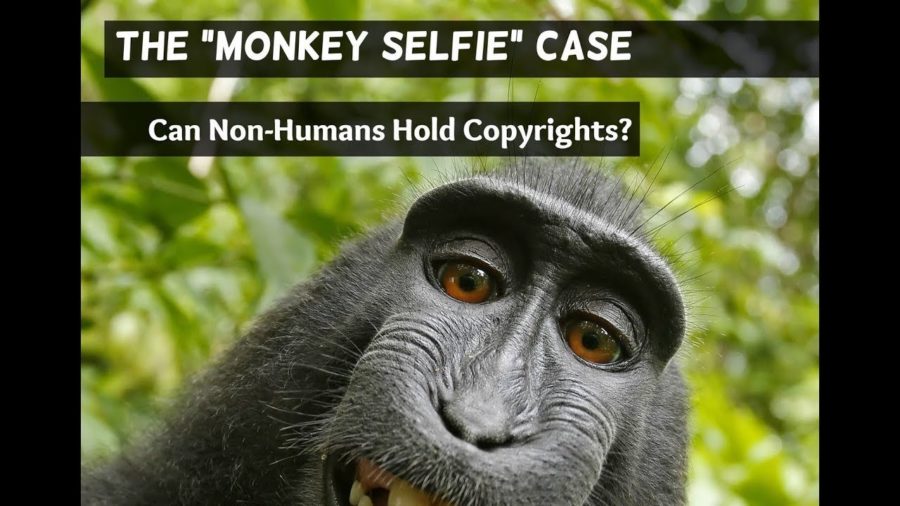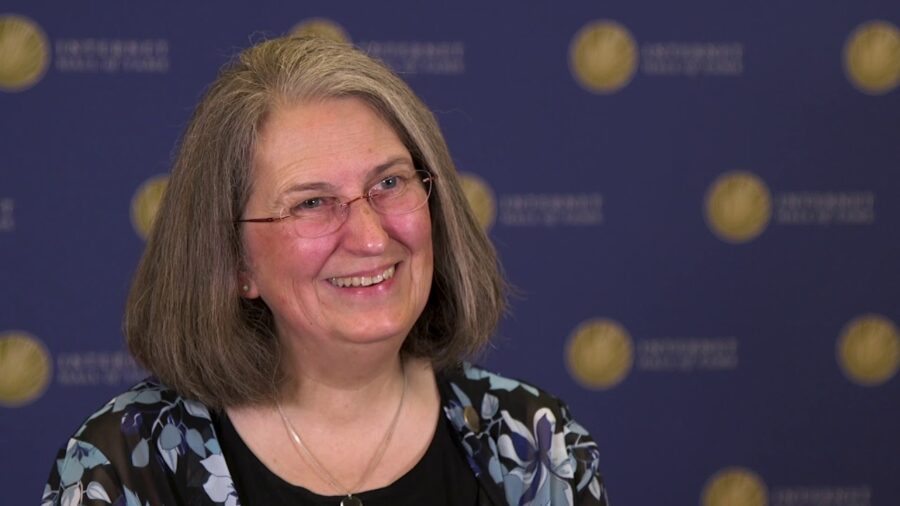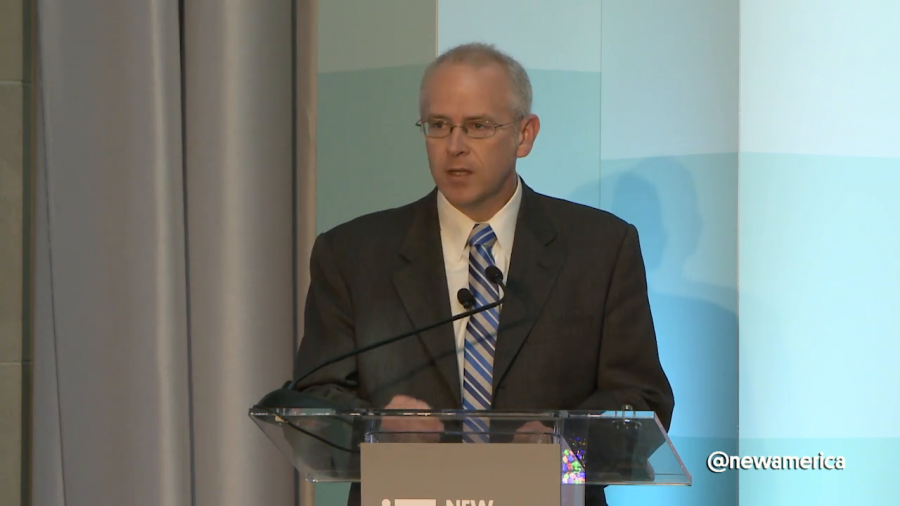Probably the thing that I’m most known for would be helping to evangelize the use of the Internet in public libraries. In the United States now, if you walk into a library you’ll see public computers set out and people can get free time on them. But it wasn’t always like that.
Archive (Page 1 of 2)

You might be more comfortable thinking about deploying math and code as your tactic, but I want to talk to you about the full suite of tactics that we use to effect change in the world. And this is a framework that we owe to this guy Lawrence Lessig.

Underlying this project is a pretty simple and we think powerful idea that provides a solution to a complex challenge that’s facing online communities like Twitter, like Reddit, within the CivilServant universe. That challenge is the increasing automation of the enforcement of legal rules and norms online.

Naruto, then 3 years old, came up and picked up one of his cameras and started looking at it. And he made the connection… By Mr. Slater’s own admission he made the connection between pushing the shutter release button and the change to his reflection in the lens when the aperture opened and closed.

Quite often when we’re asking these difficult questions we’re asking about questions where we might not even know how to ask where the line is. But in other cases, when researchers work to advance public knowledge, even on uncontroversial topics, we can still find ourselves forbidden from doing the research or disseminating the research.






